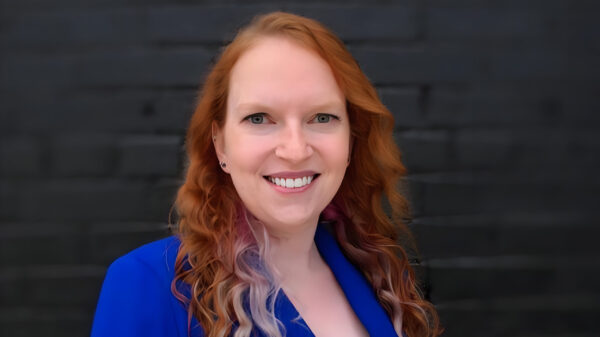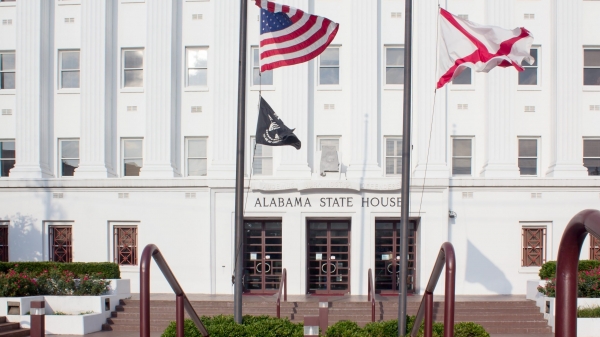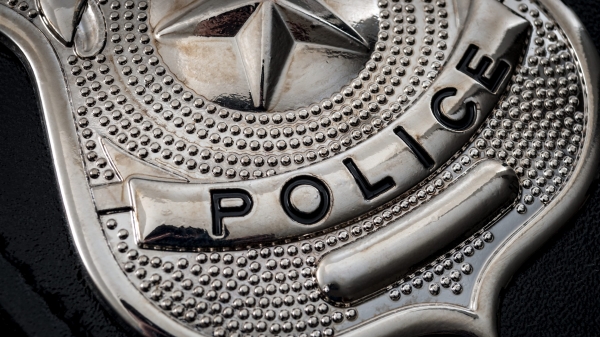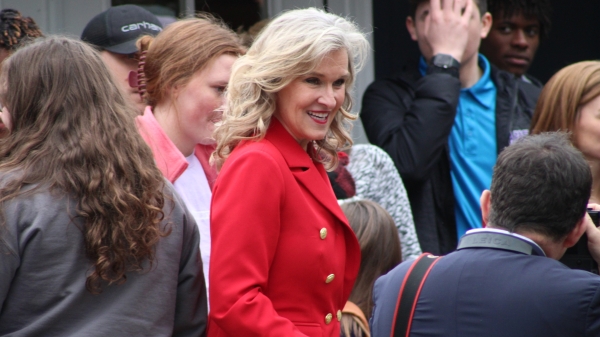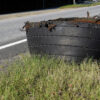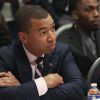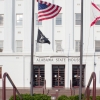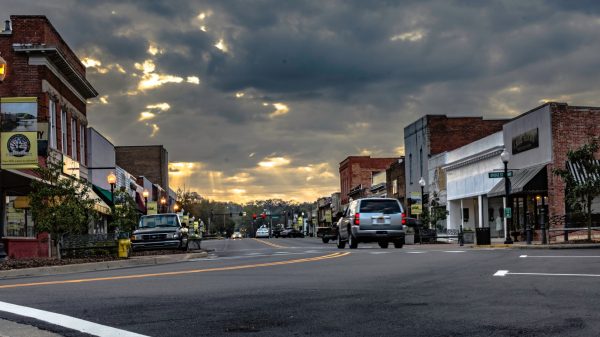|
Getting your Trinity Audio player ready...
|
During the 2023 Legislative Session, Rep. Arnold Mooney, R-Indian Springs, proposed legislation (HB401) that would effectively include public drag performances in the definition of “obscenity” and “material harmful to minors.”
But while the focus on HB401 was on the redefinition of “sexual conduct” to include drag performances, the definition would only apply if the conduct, taken as a whole, “appeals to the prurient interest of minors.”
In layman’s terms, this means that the program as a whole would have a tendency to excite lustful thoughts.
Basically, based on both common and legal definitions of pornography, the material or program in question would have to be pornographic.
Grammatical changes muddy the definition
The current statutory definition of “material harmful to minor’” sets out a three-prong test similar to the U.S. Supreme Court’s “Miller test” for determining obscenity and another three-prong test established in a New York Supreme Court case, NY v. Ginsberg.
According to a. 1968 article in the Montgomery Advertiser, former Alabama governor Albert Brewer planned to mold Alabama’s law based on the New York statute.
“In keeping with my growing concern about this problem in Alabama, I have prepared a similar act which, in my judgment, will adequately protect our minors from being exposed to the evils of pornographic literature.”
It wouldn’t be until 1989 that Alabama finally applied that language to “material harmful to minors.” Until then, it was only illegal to disseminate “obscene materials” to minors.
The current definition of “material harmful to minors” is as follows (emphasis added by APR):
“The term means:
“a. The average person, applying contemporary community standards, would find that the material, taken as a whole, appeals to the prurient interest of minors; and
“b. The material depicts or describes sexual conduct, breast nudity, or genital nudity, in a way which is patently offensive to prevailing standards in the adult community with respect to what is suitable for minors; and
“c. A reasonable person would find that the material, taken as a whole, lacks serious literary, artistic, political, or scientific value for minors.”
As part of the bill, some grammatical changes are made to this section, specifically dropping the “and” from the end of subsections ‘a’ and ‘b,’ as well as stating “the term means all of the following.”
According to Othni Lathram, director of the Legislative Services Agency, this is not intended to break apart the three prongs, but rather to strengthen the legal understanding that these elements must all be considered together.
Still, APR spoke with multiple attorneys, including a lawmaker, who felt the change made the language much less clear.
“This is standard per our style manual,” Lathram told APR. “If (the concerned attorneys) look at statutory construction cases, the ‘ands’ are far more likely to be read as not requiring all (of the elements) than the ‘all of the following’ prefix.”
If a judge were to read the statute to break the elements apart, material would not necessarily need to be considered pornographic to be found “harmful to minors” as the judge could look solely at subsection b.
Mooney has not yet reintroduced the bill, but House Majority Leader Scott Stadthagen, R-Hartselle, said immediately following the 2023 session that he plans to push the bill hard in the 2024 session.
When APR asked Stadthagen for comment on this story, he directed all questions on the bill to Mooney. All calls by APR to Mooney went to voicemail.
What is pornography?
According to Merriam-Webster, pornography is “material that depicts erotic behavior and is intended to cause sexual excitement.” Oxford defines it as “printed or visual material containing the explicit description or display of sexual organs or activity, intended to stimulate erotic rather than aesthetic or emotional feelings.”
The legal definition offered by the Cornell Law School’s Legal Information Institute is “material that depicts nudity or sexual acts for the purpose of sexual stimulation.” It also notes that the mere presence of nudity or sexual acts does not constitute pornography: “However, the presence of nudity or sexual acts in piece of media does not necessarily make that media pornographic if the purpose of that media form is something other than sexual stimulation.”
Obscenity is an even narrower definition of pornography—pornography is widely protected by the First Amendment while obscenity is not. Despite its First Amendment protections, pornography is still widely restricted from access by children, and legal precedent recognizes a legitimate state interest in protecting children from exposure to pornographic material.
In regards to drag in public spaces, the bill would only apply if the conduct is found to be pornographic as a whole. It would not apply to something like “drag queen story hours” at public libraries that have been a recent target of the GOP.
Co-opting the bill for library materials
According to meeting minutes from Clean Up Alabama, the group challenging what they deem “inappropriate content” in Alabama libraries, the group wants to inject their own standards into that bill, including “radical gender ideology.”
But short of breaking apart the three prongs, it is unclear how many of the books challenged thus far by Clean Up Alabama and others would fall under this law, as few, if any, of the books could be considered under the law to “appeal to the prurient interest of minors” when taken as a whole. The graphic memoir Gender Queer by Maia Kobabe has come under fire and has some explicit panels as well as language. But the material would have to be taken as a whole and found to have pornographic intent with no other artistic or literary value.
Other books that have been challenged contain sexually explicit language at times, and in most cases APR has reviewed thus far that language is tied to depictions of sexual abuse. When the books are taken as a whole, the intent is often clearly showing the horrors or pitfalls of such sexual activity instead of promoting it or describing it to induce lustful thoughts.
There has not been confirmation so far that the bill will be reworked to accommodate Clean Up Alabama’s wishes.


